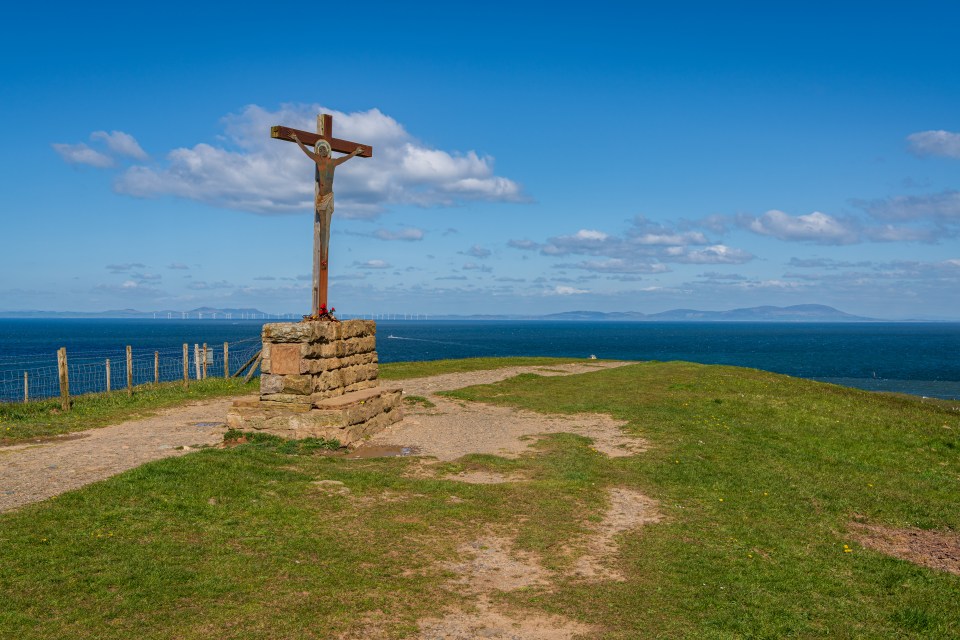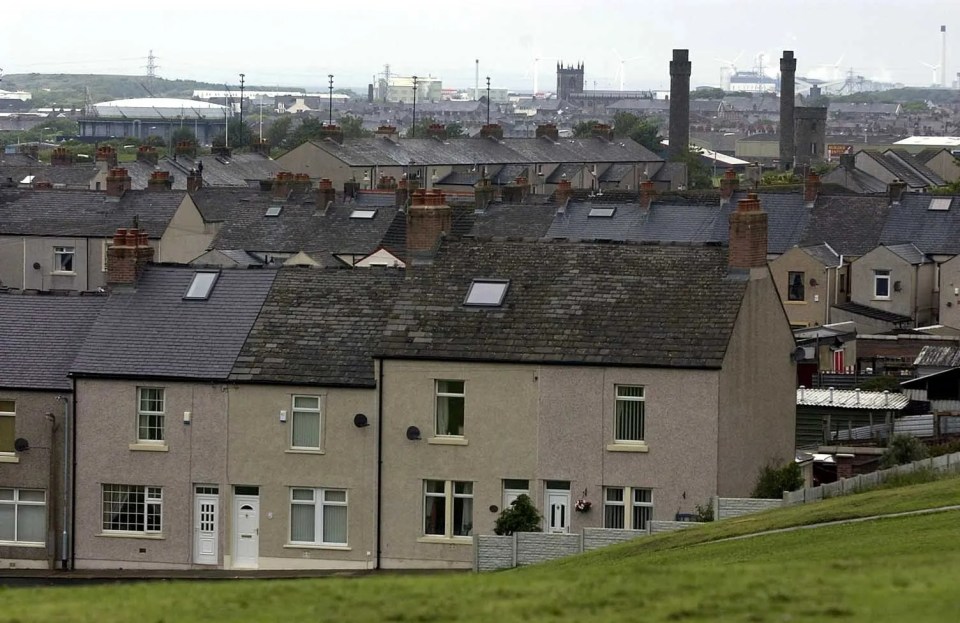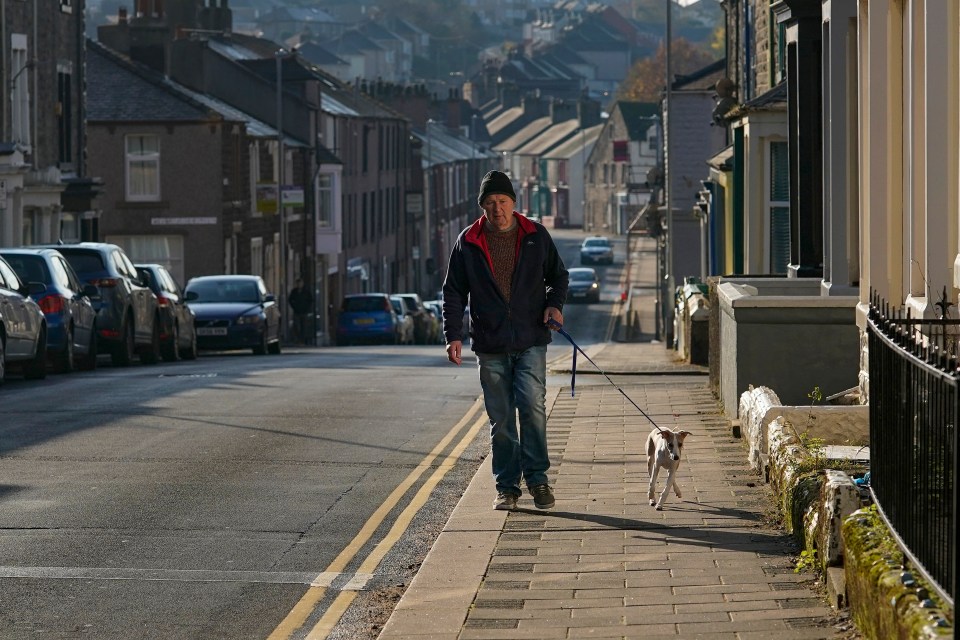A FORGOTTEN seaside town with a rundown beach that locals never visit is set to be transformed into a “bustling hub”.
Over £25 million has been invested in Workington, Cumbria in a bid to boost job opportunities and revamp the area.
Cumberland Council has revealed its latest plans for the Port of Workington, just a few miles from the Lake District National Park.
These include millions of pounds worth of investment into real estate, infrastructure and roads.
Leader of the council, Councillor Mark Fryer, said: “The Port of Workington can be a catalyst for growth in Cumberland; it is a strategic location in west Cumbria with a huge amount of untapped potential for job creation, green energy production and more.
“Want to partner with other organisations and the private sector to help unlock the potential for this site and we’re actively talking to parties at the moment to bring in that crucial investment.
“A huge amount of work has already been done, or is underway, to improve vital infrastructure at the port and we believe it is ideally placed for the right businesses to come on board.
“If you are a business who is interested, come and talk to us.”
Workington Beach sits just south of the mouth of the River Derwent and the docks area – although its sand is not exposed until low tide.
Earlier this summer, it was named in the top 10 seaside towns with the most affordable homes by Rightmove.
The average house price is £141,674, according to the property site’s data.
The busy shopping area boasts high street giants such as Marks and Spencer, and Next.
Market stall operator Ian Cale, 63, told The Express he’s “not really ever got down to the beach” and described Workington itself as “a bit rundown” and in need of investment.
Florist Alison Short, 54, said she has never once been to the beach despite living there all her life, adding: “It definitely isn’t a seaside town.”
Shop owner Graeme Cameron, 55, said: “We do get plenty of tourists who come to see the area and a lot of them have got caravans – but a lot of that has to do with the Lakes as it’s cheaper to stay just outside than in the Lakes itself.”
According to Visit Cumbria: “Workington is an ancient market and industrial town at the mouth of the River Derwent, and is the main shopping centre for West Cumbria.
“Some parts of the town north of the River Derwent date back to Roman times.
“It was in the 18th century, with the exploitation of the local iron ore and coal pits, that Workington expanded to become a major industrial town and port.”
Points of interest include Jane Pit on recreational ground off Moss Bay Road.
It is the best surviving example of the ornate castellated style of colliery architecture.
While the ruins of Workington Hall sit on the northeast outskirts of the town, where Mary Queen of Scots once posed as an ordinary woman and wrote a letter to Queen Elizabeth I after her forces were defeated at the Battle of Langside.

















